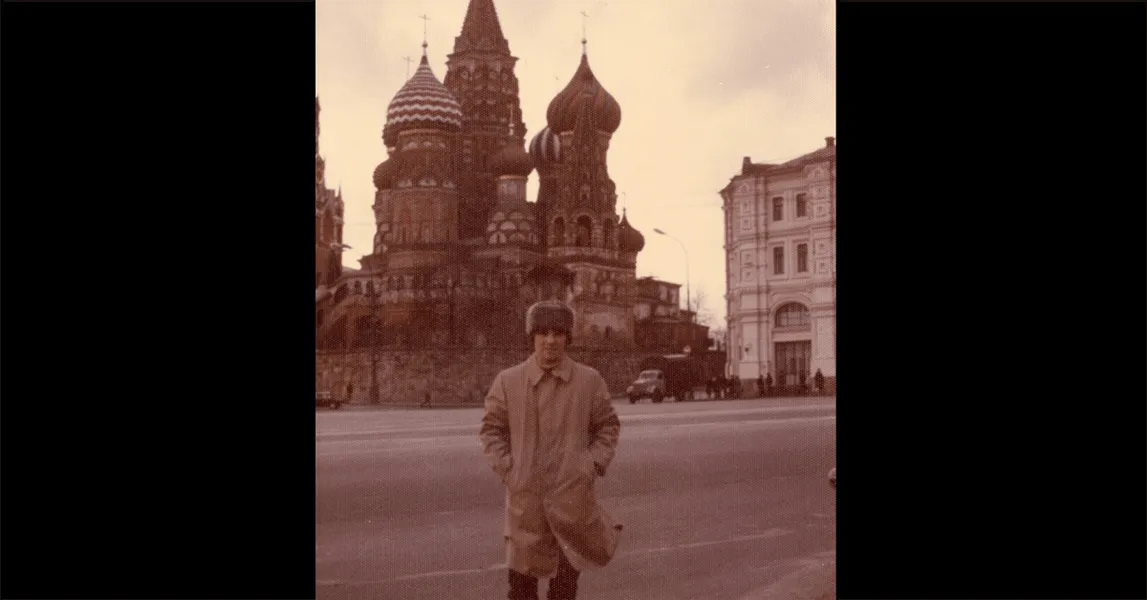Professor Kevin McKenna has trekked to Russia 57 times, giving lectures, and doing research. Those experiences give McKenna, an emeritus professor in UVM’s Department of German and Russian, a keen insight on the war between Russia and Ukraine and especially cultural trends on the Homefront.
Given the notable disconnect between the older and younger generations of Russians, questions have been raised about how Generation Z, or college-aged Russians, view the actions of President Vladimir Putin.
Having studied Russian youth since his time at Leningrad University in 1969, McKenna said it is obvious to the U.S. that Gen Z Russians in large metropolitan areas, such as Moscow and St. Petersburg, are not hiding their disapproval of the invasion. Countless protests have been staged
Despite this, McKenna said that the further you move away from those large cities, the greater number of young people hold largely the same beliefs as the older generations in those more rural areas. As of early April, for example, the Russian polling group the Levada Center revealed that roughly 80% of Russians support Putin’s decision to invade Ukraine.
McKenna, who most recently visited Russia in 2019 to lecture at the Academy of Sciences in Moscow and the Academy of Sciences in St. Petersburg, insists that Levada should not be discounted as propaganda. He acknowledged the common American distrust of Russian sources that seem to bolster the case for war, and that Russia has a strong propaganda machine, but stood his ground, pointing out that Levada has remained the only independent research group in Russia since the early 1980s.
It might seem shocking that 80% of Russians support the invasion, but McKenna said this figure is consistent with what he would have guessed, based on his time spent living there.
When asked how he sees the conflict playing out, McKenna gave a detailed explanation of several possibilities. In one outcome, he believes the Euromaidan rebellion movement in Ukraine in 2014 could be enough to scare Putin into retreating. That year, several monthslong mass protests enveloped Kyiv due to the Ukrainian government’s opposition to a proposed partnership with the European Union. The protests led to the removal of former President Viktor Yanukovych from office.
Russia might also be hampered by the halt of the Nord Stream 2 pipeline, designed to provide Germany and other parts of Europe with Russian gas. McKenna said the pipeline’s shutdown poses a major blow to the Russian economy and will likely leave Russia at a disadvantage in terms of future Russo-European relations.
In one particularly interesting but unlikely outcome, McKenna didn’t rule out the theory that Russian oligarchs could end up removing Putin from his position as Kremlin leader.
“There is speculation. Not particularly informed speculation, in my opinion, that one or some of the oligarchs will enact the kind of change that took place in 1962 and ‘63, when the Supreme Soviet of the Soviet Union ousted Nikita Khrushchev,” he said.
He added: “I wouldn't rule this out, it could indeed be, (but) I would be greatly surprised if indeed one or some of the Russian oligarchs were to go that direction.”
